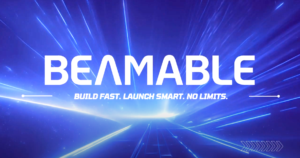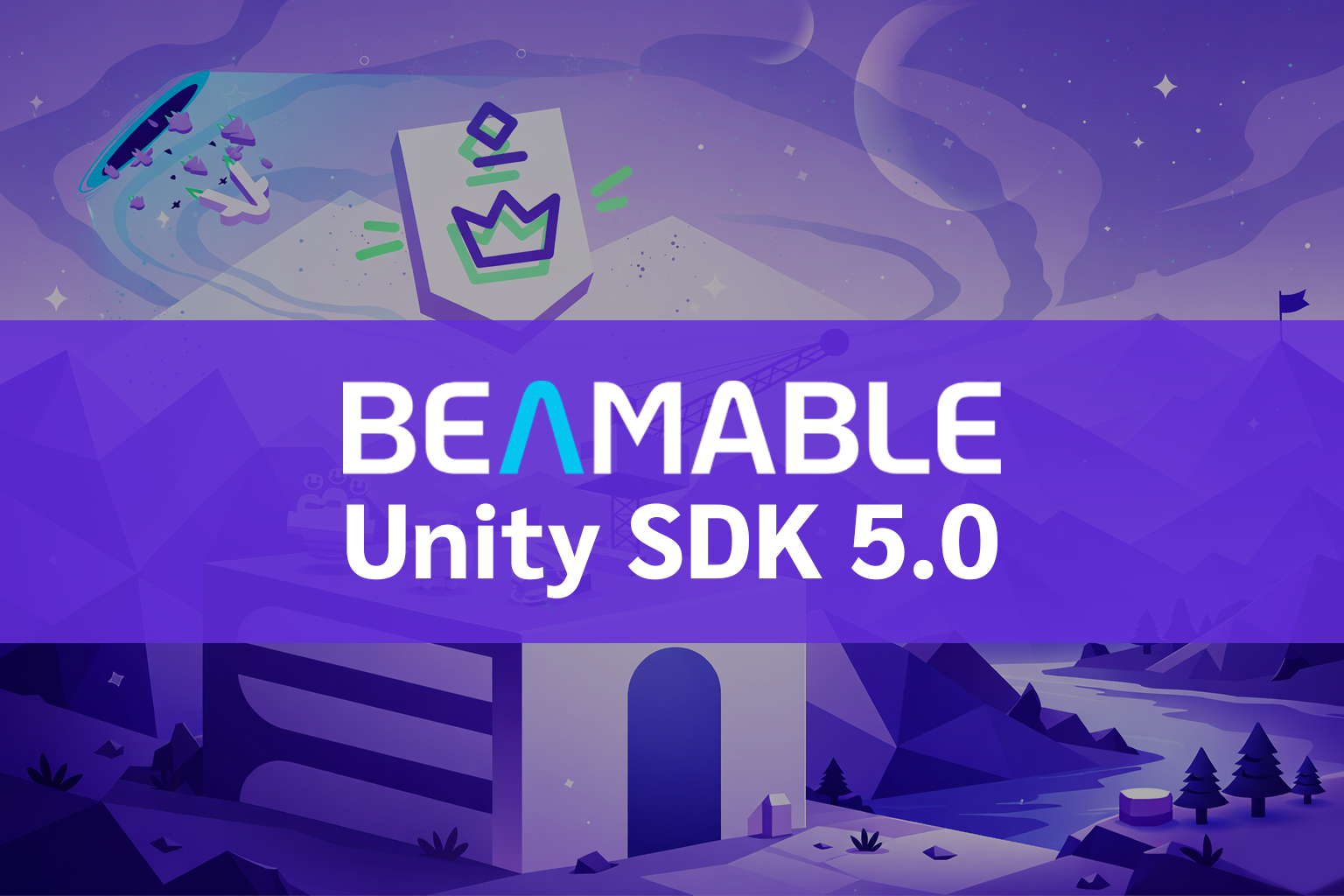Beamable January 2023 Review

Beamable January 2023 Review
In January, Beamable released SDK versions 1.10.0, 1.10.1, 1.10.2, and 1.10.3. Here are the highlights from the previous month of releases.
Player Account SDK
In Beamable 1.10.0, we added a new accounts SDK that is observable, serializable, and collection based. Previously, in order to switch the active Beamable account, the only way was to use the ApplyToken method. Instead of manually managing TokenResponse structures, you can now use the BeamContext.Accounts. The new SDK exposes critical user stats like alias and avatar, as well as their credential information. Read about the new SDK on the Beamable documentation pages.
Content SDK Improvements
Previously, Beamable used an AssetDatabase.FindAssets call during Unity domain reloads to fetch and manage local Beamable Content. Now, in Beamable 1.10.0, the FindAssets call has been removed and replaced with a custom solution. The new process uses a class called ContentDatabase which does a single file scan and caches data until the next domain reload. Additionally, large-scale content interactions with the Content Manager are much faster in Beamable 1.10.0. Previously, anytime large sections of content were added or removed, the operation would happen serially for each content object. Now, those operations are done in bulk which improves the performance dramatically.
Dependency Provider in C#MS
Microservices have supported a form of dependency injection, but in Beamable 1.10.0, you can use the same dependency injection conventions that the Unity SDK uses. The IDependencyBuilder and IDependencyProvider are available in the ConfigureServices and InitializeServices methods. These types allow you to configure singletons or other services and access them from client-callable methods without the use of static keywords.
Change logs
Our full changelogs can be found at https://beamable.github.io/changes




